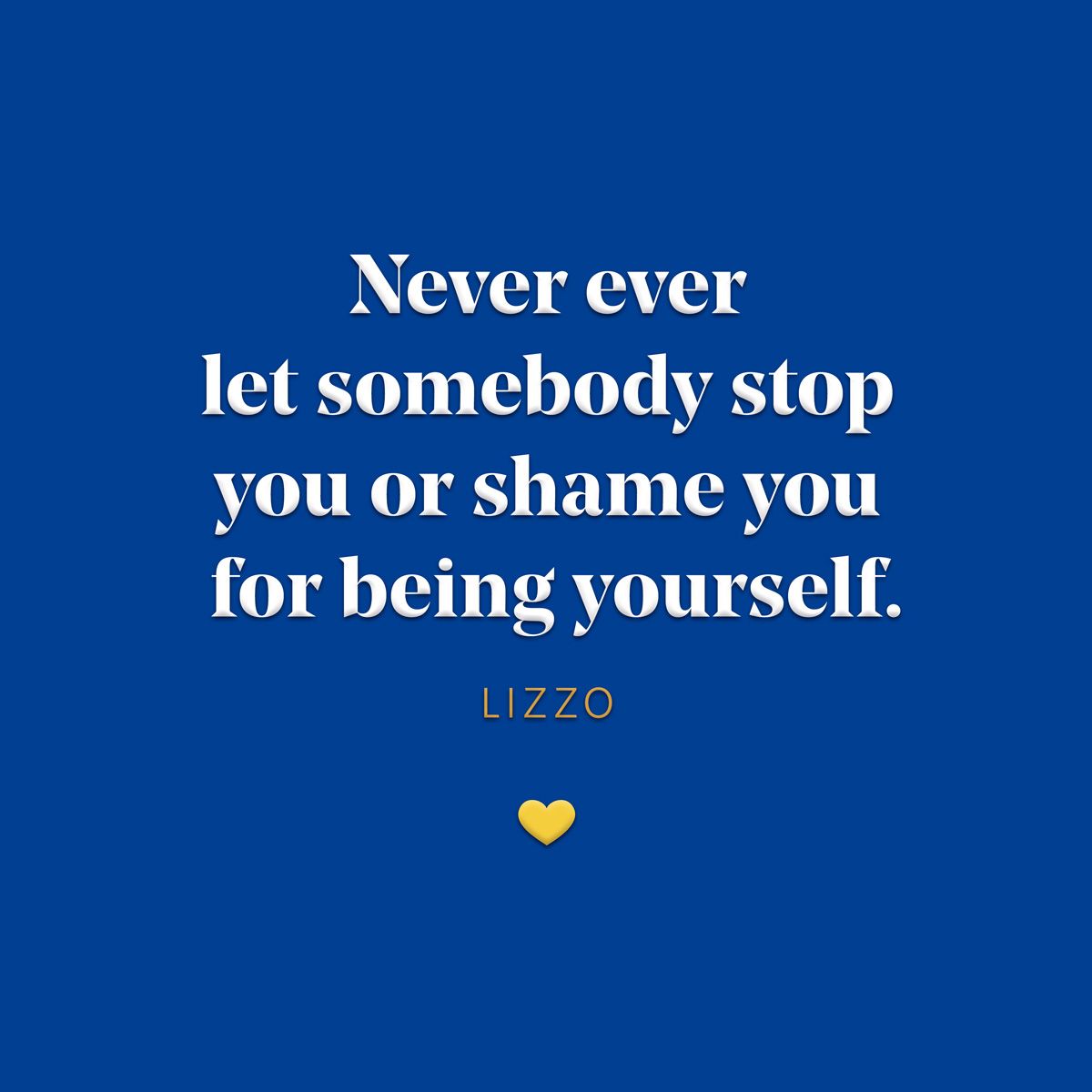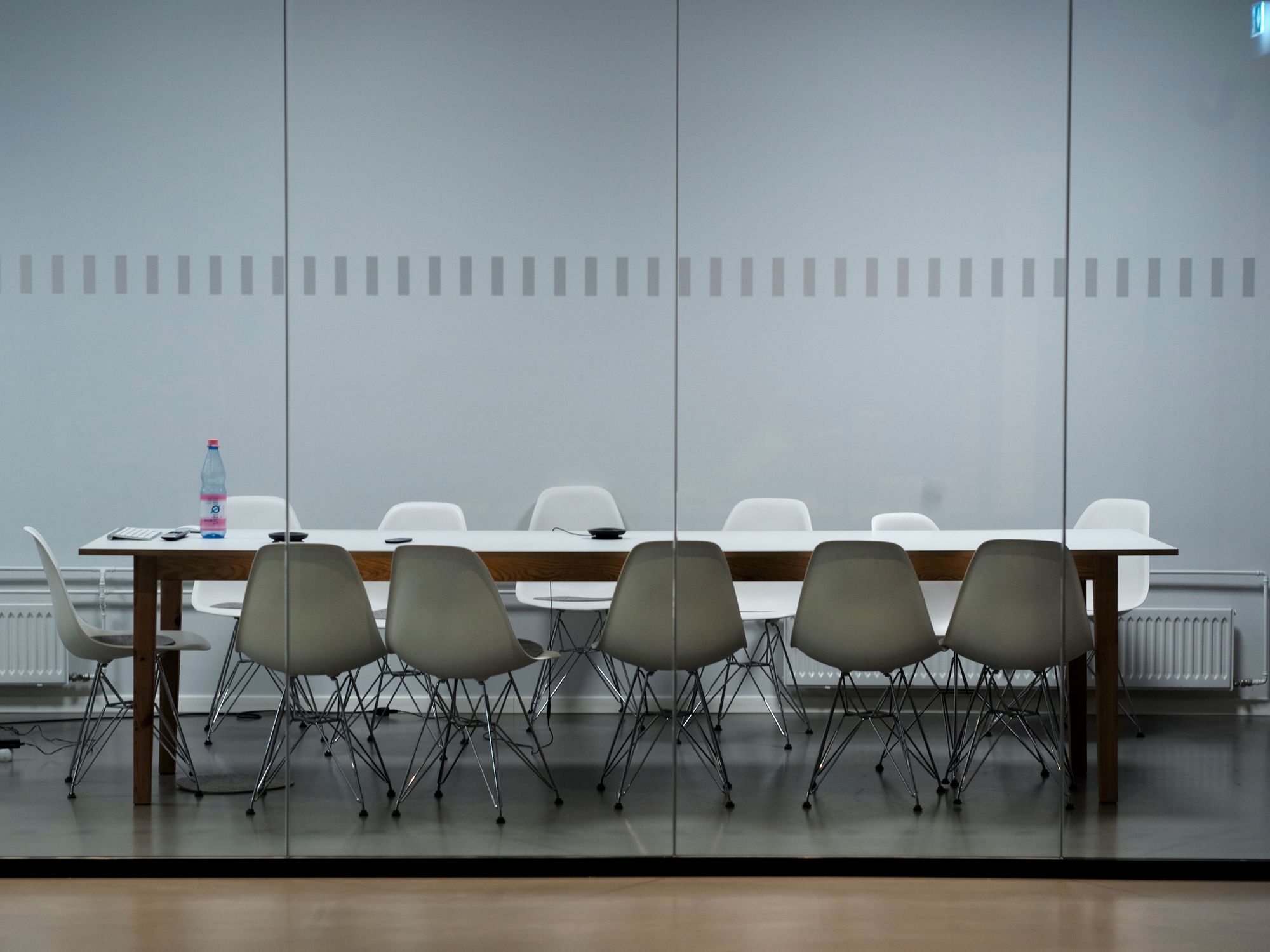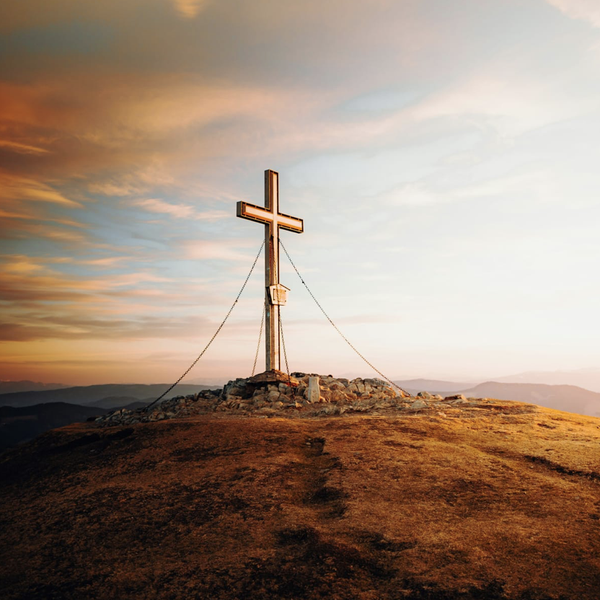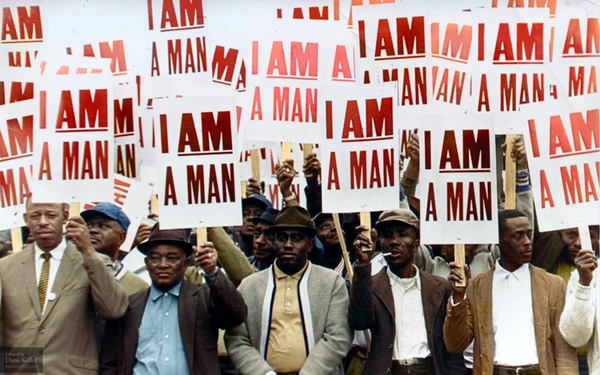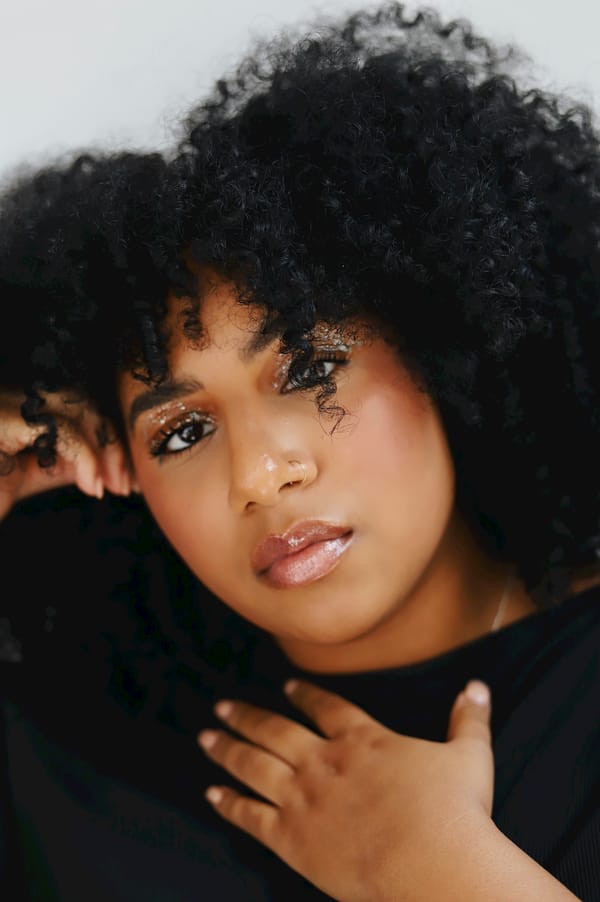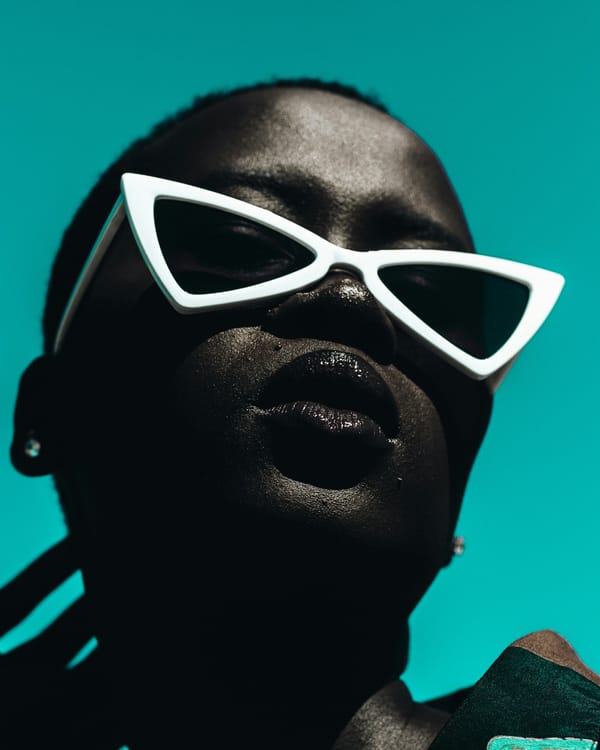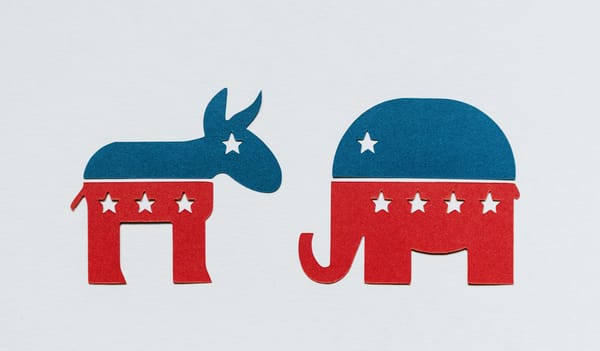Editor’s Letter
My husband recently commented that Dilbert creator Scott Adams had publicly exposed himself as the racist he apparently is, and his cartoon was rapidly being dropped. I probably should have paid more attention, but I’ve never been a Dilbert fan and it seems like new people flaunt their racism almost daily thanks to various others who’ve made it acceptable again.
The next morning, of course, it was everywhere. I opened Medium and got the details from William Spivey (“Dilbert Creator, Scott Adams, Cancels Himself After Racist Rant”), who skipped most of the commentary and simply quoted Adams, letting him skewer himself with his own words.
On the off chance anybody missed it, Adams was responding to a poll that asked people’s opinions of “It’s OK to be white,” then used some twisted math to say that “If nearly half of all Blacks are not OK with white people . . . that’s a hate group and I don’t want anything to do with them.” He then advised white people to “get the h--- away from Black people,” and went on to say he’s “going to back off on being helpful to Black America because it doesn’t seem like it pays off.”
Damn.
So many things to respond to here, and none of it good. (Before I continue, let me point out that I studied polls and statistics in school, and use them routinely in my work.)
For starters, his source was a right-wing pollster whose integrity was already suspect based on previous polls. Then there was the sample size, with just over a hundred Black folks responding to this questionable poll. A little over half of them agreed with the statement, while a quarter disagreed and the remainder weren’t sure—in other words, almost literally one in a million Black people in America who disagreed or said they weren’t sure. Further, being unsure does not equal no. For anyone who knows little about stats, I can assure you the results are completely and utterly meaningless.
Then there’s the actual wording: “It’s OK to be white.” What on earth? I mean, I’m white by birth and that’s just a melanin fact of life. But to react “white” in the racially politicized sense that my “race” exists solely to make oneself superior to People of Color? Not in the least OK. Some on the right interpreted poll respondents’ disagreement as a full-blown desire to see white folks dead; but how did the handful of actual, real-life poll respondents interpret the poll’s wording? (And remembering that half of them in fact simply said unsure, which could mean, well, anything, and not just Adams’ negative interpretation.) For that matter, what did any of the group know about the trolls issuing the poll and how did that affect their responses?
Bottom line, even if there were enough people involved to be statistically relevant, the verbiage would render it worthless. One would hope that someone who makes their living by the written word—such as Adams—could see at least that much.
Not surprisingly, despite Adams’ claim of previous support for Black people, no one has come forward with any evidence that he ever did anything that could be remotely construed as “support for Black people.” It took him more than three decades to add a Black character to his comic strip—a character, as Spivey notes, “whose purpose was to mock workplace diversity and transgender identity.” We also know he didn’t just vote for a racist but publicly supported the candidate. So what, exactly, was all this “help” he spoke of? Did he toss coins at some poor homeless man once, who happened to be Black? Did he give a Black waitress a tip? Or is he just another white dude in shining armor with a white savior complex?
On top of that, whenever incidents like this happen, right wingers feel the need to whine about Adams being “cancelled” by all of us evil socialist snowflake libtards. I am so utterly tired of this cancel culture concept that really means we expect people to take responsibility for their actions! In a civilized society, there are consequences when you spew vile, hateful rhetoric. Can you still say those things? Sure. Your freedom of speech is intact. But the rest of us have the right to decide if we want to interact with you. (We might even forgive, if one demonstrates true remorse, but that seems to be even more rare than demonstrating empathy.)
And how many of those same folks crying foul noted that Adams essentially cancelled 43 million Black people, based on the possible opinion of four or five dozen? Meanwhile, Adams sits back in his mansion with millions of dollars while the people he wants to cancel are still struggling for basic racial equity.
What bothers me the most though, is the ease with which Adams made his statements—along with those who galloped to his defense. Indeed, numerous politicians, “news” hosts, and other right wingers have made similar statements on an almost daily basis and the only effect has been an increase in their popularity. Comments that would have been completely unacceptable ten or even five years ago are now almost de rigueur among some factions, and it scares the hell out of me. On the flip side, I am surprised and relieved that Dilbert was pulled from hundreds of media outlets almost immediately. Basic decency is arguably on life support here, but it isn’t dead.
On another note, the whole Dilbert debacle has brought me closer to understanding why I hate the word “ally.”
Different people have different interpretations of the word, some expectations more onerous than others. According to Merriam-Webster, the most basic definition, in this context at least, is “often now used specifically of a person who is not a member of a marginalized or mistreated group but who expresses or gives support to that group.”
Before the word even started trending, it was important to me that my Black friends understood they could trust me to have their backs. I felt good whenever I was called an ally in the early days, as I suspect is still the case with most decent people.
By the time Clay and I named Fieldnotes on Allyship, however, I was uncomfortable with the word—although I couldn’t quite put my finger on why. I noted how too many of us white folks would wear the word like a badge of honor for virtue signaling, having “that Black friend,” or posting quotes on social every Martin Luther King Day, without doing the introspection and actual work required. In other words, it’s not a gold star on one’s lapel so much as a way of being. (I imagine a lot of Black people find allies suspect for these reasons at the very least.)
While that’s all valid, I recognized that my misgivings were deeper, but I still couldn’t pin down why—until now, strangely enough, reading Adams’ rant. Part of it is the repugnance of his idea that his “help,” whatever he sees that as, should provide some sort of “payoff.”
While one could potentially define a more fair and enlightened society as a kind of payoff, this is clearly not what Adams meant. He seems to expect a more personal payoff, or gratitude, if you will, for whatever anemic effort he imagined he was making—kind of like giving him that gold star, vs. (gasp!) questioning whether it’s okay to be white. It’s the prioritization of too many of us white folks to be seen as a good person, rather than being a good person. (And no, white friends, I’m not suggesting this is always intentional, but we tend to be reticent about exploring our internal racism.)
Second, his words clarified for me how the definition at its core continues to other: we white folks ‘are not a member of that marginalized group but support it.’ Yes, it’s technically correct, but it ignores the intricacies around the fact that the concept of race is built upon a hierarchy of inequities we created, and that we continue to benefit from them. So the individual ally is being supportive, but also providing a small amount of restitution for society’s debt. No matter when enslavement ended or who our personal ancestors were, we experience privilege every single day.
That’s not even the biggest issue here, though: the definition puts a distinct wedge between us that continues to divide us and gives white people the upper hand—if (and only if) we choose to be benevolent. ‘We don’t have cancer but we’ll go to the fundraiser.’ ‘We are not gay but we’ll let you get married.’ ‘We are not homeless, but we’ll donate some change.’
If it were our best friend with cancer . . . our child who was LGBTQ . . . our father who was homeless, there would be none of this “we” and “they,” only us, fighting the good fight together. So why does it sound like some kind of extra effort to fight racism in support of our Black neighbors, coworkers, and friends?! We are all Americans, and we bought into this idea of equal rights. We are all human beings. And as we often quote Maya Angelou here, “We are more alike, my friends, than we are unalike.”
I’m not suggesting we give up the word ally; it serves a purpose, however utilitarian. But, my dear white friends, let’s all focus less on the badge, the gold star, the payment, as it were (looking at you, Mr. Adams), and focus more on treating our Black friends the same exact way we’d like to be treated. Because, at the end of the day, it’s as simple as that.
Love one another.
Sherry Kappel
OHF Weekly Managing Editor
NEW THIS WEEK
The Way Forward: Race, Gender, Class and Queer Intersectionality as Survival
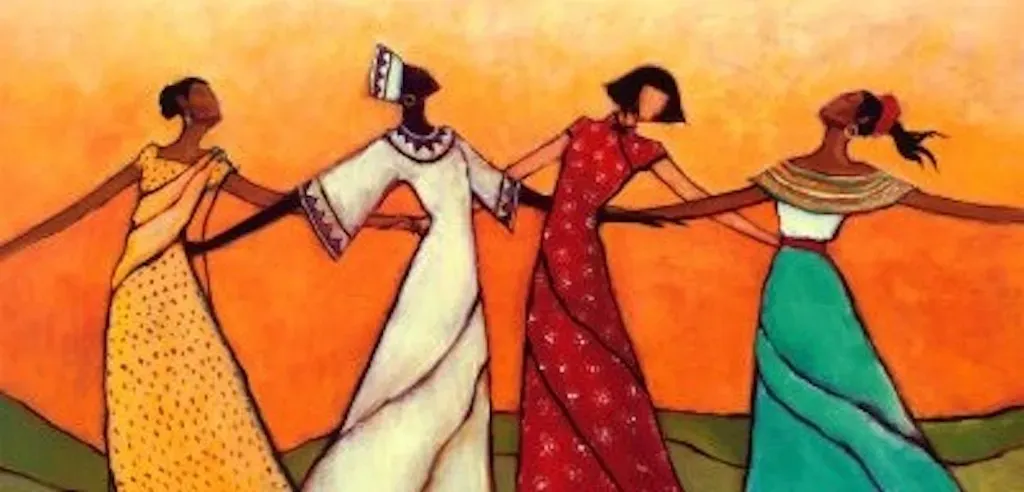
1
When I decided to speak to you today about intersectionality, I knew right away that for some of you the word has its limitations — in certain political circles, it has come under scrutiny and criticism. But I believe it is an essential term, because when intersectionality is appreciated and applied with integrity and understanding, it leads to compassion. And if there is anything we need right now in our society, it’s more compassion.
Wikipedia — and I chose their definition because it is the one most people will read when they look up the term — defines intersectionality as “an analytic framework which attempts to identify how interlocking systems of power impact those who are most marginalized in society” and as “the interconnected nature of social categorizations such as race, class, and gender as they apply to a given individual or group — regarded as creating overlapping and interdependent systems of discrimination or disadvantage.” I would add to that, creating interdependent systems of empowerment as well.
The term is attributed to legal scholar Kimberlé Williams Crenshaw, and some say earlier forms of the word originated as far back as the late 1800s in circles of black feminist thought — accredited to Black scholar and educator Anna Julia Cooper and abolitionist and activist Sojourner Truth. Intersectionality and its evolution as a sociological theory are fascinating and complex subjects, and I am aware I will not be able to devote full scholarly justice to it in the time that I have with you tonight. But it is my belief that even a basic awareness of intersectionality encourages us to recognize the nuances of societal oppression; when it comes to discrimination and bias, we discover that one experience of oppression doesn’t fit all. Crenshaw’s work helps us to understand, for example, the ways in which Black women in the feminist movement of the Sixties dealt with both racism and sexism; racism from white women in the feminist movement, sexism from Black men in the Civil Rights and Black Power movements. She wrote in her seminal piece, “Mapping the Margins: Intersectionality, Identity Politics, and Violence Against Women of Color”:
The failure of feminism to interrogate race means that the resistance strategies of feminism will often replicate and reinforce the subordination of people of color, and the failure of antiracism to interrogate patriarchy means that antiracism will frequently reproduce the subordination of women.
Intersectionality also challenges us on our tendency to diminish the contributions of Black women to these movements, to see the face of social justice through a distorted, exclusionary lens — evidenced by black feminist titles like that of the anthology by Gloria T. Hull, Patricia Bell Scott and Barbara Smith: “All The Women Are White, All the Blacks Are Men, But Some Of Us Are Brave: Black Women’s Studies.”
We are invited to examine, as we seek justice and equality, what is required for us to be seen and appreciated fully for who we are, and how a lack of recognition of intersectionality undermines all our movements. What does it mean when an activist fighting racism or homophobia or class inequality, for example, has no compassion at all for oppressed transgender women and men?
When it works not only as theory but as practice, intersectionality allows us to be ourselves, our whole selves, and not just fragments. There are those who would prefer we prioritize our identities or leave some behind, as if we could check part of ourselves at the door. Many of us know what this looks like. “This is a movement about fighting racism. Once we achieve racial equality, then we can talk about homophobia.” Or, “Once we defeat sexism or achieve gay rights, then we’ll explore our racism. Until then, please wait.” You are expected to be a woman first, or a Black man first, disabled first, a lesbian first, working class or transgender first. Intersectionality demands that we insist, “I am everything first. And I refuse to wait any longer. When it comes to who I am, every part of me gets a seat at the table.”
I recently had the experience of seeing and writing about the film, “Black Panther.” Going to the movies is often a powerful intersectional experience. As a man of color, I was thrilled to see a black Superhero film. As a queer man, I was distinctly aware that queerness was not going to be included on any level in the movie, even though it was obvious to me that some of the characters were clearly bisexual or gay. The film I Am Not Your Negro, about the life of Black queer author James Baldwin, decided to feature a portrait of the artist based solely on race, to the exclusion of his homosexual politics. The experience I had in both films was the psychological equivalent of watching a movie you are excited by while sitting in a very uncomfortable seat; you are enjoying yourself on one level, but another part of you can’t relax, can’t surrender completely to the experience, because clearly something feels wrong.
I am not a sociologist nor an academic, and I know there are people who will resist intersectionality as a term because it sounds too “scholarly,” but I believe most of us are living, breathing examples of intersectionality. As a Black gay man, as a queer man of color, I have dealt with both racism and homophobia in my life. I have been objectified sexually because of my race by gay white men, and have met queer men and women who refuse to examine their whiteness or class privilege. I have also had arguments with family members and activists who insisted that Blackness was an identity assigned to me at birth, but that being gay was a choice. Within this context, there was empathy and support when I dealt with racism because being Black was my heritage. Homophobia, on the other hand, was the direct result of a decision I’d made to be gay, so basically, I was on my own. And for some, it was offensive whenever I compared the two oppressions.
A man I knew in college, for example, refused to make a connection between Black people desegregating lunch counters during the Civil Rights Movement and the queer resistance against the police raid at Stonewall. Having been called both a nigger and a faggot in my life, I believe as a Black gay man that I am a better judge than anyone about which derogatory terms feel most harmful to me, and which movements should inspire me.
When I think of those courageous young and old Black women and men who braved the lunch counters and marches in the South, hot coffee poured over their heads, cigarettes put out in their hair, beaten and jailed because they were asserting their right to live with dignity, I feel the same pride as when I think of activists like Marsha P. Johnson and Sylvia Rivera fighting the police, arrested, dragged through the streets and bashed at Stonewall because they were asserting their right to live with dignity as transgender women and lesbian, bisexual and gay men. I get a thrill from both stories, from both my ancestral legacies.
In other words, it doesn’t hurt any less, when I read about a Black man or woman murdered because of a racial bias, than when I listen to the news and hear about a transgender woman or gay or bisexual man killed because of homophobia or transphobia. Like many LGBTQ people, I’ve known what it feels like to feel splintered, cut off from my soul, when denying a part of myself just becomes too painful. I know gay men who have killed themselves over it. Intersectionality is in my blood and it fascinates me endlessly; which is why it is critical to everything that I write.
2
I approach each essay as a mystery I am trying to solve. At this moment in 2018, Bill Cosby is on trial for a second time for sexual assault. I’ve read estimates that close to sixty women have come forward claiming to have been violated by the comedian. When I first wrote about Cosby in 2014, the piece was inspired by the fact that at that time around twenty women had come forward. I spoke with people I knew, neighbors, friends, acquaintances, and many of them didn’t believe his accusers or thought they were lying. As the number of women grew, and each of them seemed to corroborate the stories told by the others, I wanted to understand why there was such a resistance to acknowledging rape in our culture: why is rape so prevalent and where did those beliefs come from?
It feels right to mention Cosby in a conversation about intersectionality and violation, as Kimberlé Williams Crenshaw’s work deals specifically with domestic violence and the sexual assault and rape of Black women; on how their experience as survivors is defined by both gender and race. She wrote in 1991, “Within communities of color, efforts to stem the politicization of domestic violence are often grounded in attempts to maintain the integrity of the community.” I observed from the people I spoke with that women of color who accused Bill Cosby of assault often faced antagonism not visited upon his white female accusers. These Black women acknowledged the dilemma that by coming forward they were often perceived by others as, or felt as if they were, “betraying” the race by speaking out.
Intersectionality played a major part in my approach. While I hadn’t thought of the specific word while I was writing the essay, I knew I had been influenced by the Black feminist writers I’d read in college, writers who had inspired me by the intersectional connections made in their work. Cosby was a complex intersectional subject because all subjects of political oppression and empowerment led back to him. Because of Cosby’s extraordinary wealth and power in the entertainment industry, I knew we had to talk about class. We also had to examine race, because many people felt that Cosby was an African-American hero, and therefore couldn’t be a sexual predator — that he was a powerful Black man being framed by a white society out to destroy him. Obviously, it was impossible to talk about rape and Cosby without talking about gender-bias and sexism and violence towards women. And finally, as a gay man, I knew that if I was writing about secrets exposed, I had to talk about “closets,” and identity, and telling the truth.
In Cosby’s case, the mystery of the whodunnit wasn’t a particularly complicated one for me — I felt I knew exactly who did it. With societal oppression, brutality and abuse, we often know the who, the what, the when, and the where. It’s the why that is so profound.
The deeper human question which I am trying to answer in every piece I write is why we often refuse to make the intersectional connections between our own trauma in this society — our personal need for justice — and our willingness at the same time to victimize and to collaborate in the active destruction of others.
What forces are at play that make a working-class white man believe he is superior to the Black man who stands beside him at his job, as both men, underpaid and overworked, leave each day frustrated by the supermarket chain that exploits them both? Instead of joining forces, because united they could shut the place down overnight, one of them, having been told all his life that he is superior because of his skin color, refuses to speak to the other, which means they will never organize.
What does it mean when a Black man knows how it feels to be powerless at the hands of violent law enforcement, and yet refuses to make the connection to his own violence against his female partner or his children? What does it mean when a white woman knows she has been denied opportunities within her company because of gender bias, but refuses to pay her nanny, a woman of color, a fair wage?
We are living at a time when we are tempted to go deeper into the shadow side of “tribal consciousness.” Now, let me be clear: tribal identity is important. It matters that I know that I am Black, that I am gay, that I am male, that I am American, that I grew up middle-class. I need to appreciate what each of those identities means to me if I choose to claim them, and to explore the power and powerlessness in each. But existing solely for my tribes, without any appreciation of intersectionality and how my experience may connect me to your tribe, is like going home and keeping the shades drawn with a gun in your lap because it’s scary outside. When fear of “the other” defines our interactions, we don’t engage anymore, we stop listening.
We see this on the faces of the people around us. It’s the look that says, “I don’t want anything to do with any of you people. Let me just do my job, buy what I need while I’m in this store, and get the hell out of here.” You go home and lock the door. You watch the news. The president tells you whom to fear. Instead of expanding into greater discovery, which is the natural flow of life, your world begins to narrow. Everything becomes about me — my family, my race, my country, my bank account. Or them: “they” are taking my jobs, “they” are illegal, “they” are out there screaming “Black Lives Matter,” but what about white lives, don’t they matter too? You build a wall inside yourself and your president builds an outside wall for you. And this is where we are, in danger of our country’s being defined by our narcissism, our isolationism, our walls.
Recently, a woman wrote to me on Twitter with a critique of an essay I had written. The piece was about Jay-Z, Beyoncé, and the Black capitalist vs. the Black artist. I was interested in the idea of slavery and the Black capitalist — that those of us who have been commodities are now in the position to commodify. Would the Black capitalist make moral choices which the white capitalist didn’t, because of our history as slaves? The question is a compelling one, as more Black Americans are achieving greater economic wealth and power in America.
Read the full article at OHF Weekly.
WRITE WITH US
Ladies, We'd Like to Hear from You
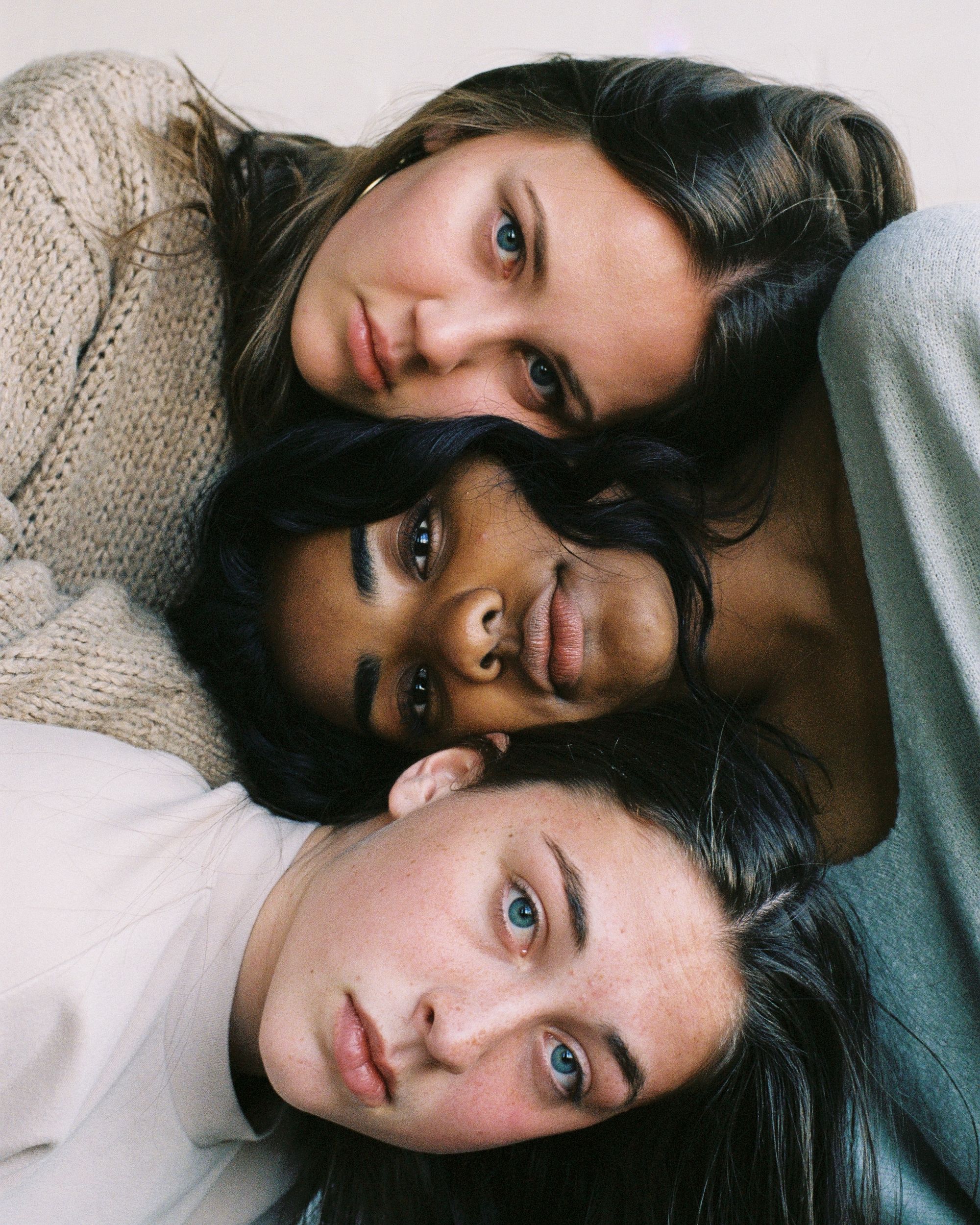
Our Mission
OHF Weekly (Our Human Family Weekly) is the newsletter of Our Human Family, Inc., a 501(c)(3) nonprofit corporation with the vision to foster conversations about racial equity, allyship, inclusion, and equality. Our goal is to unite the world by dispelling the lie of race and the practice of racism and replacing them with the truth of love and racial equity.
Our Message
Articles published in OHF Weekly fall under this vision of racial equity, with well-written, fresh, lively, and human-centered creative nonfiction stories that give our readers a deeper understanding of the myriad manifestations of the human spirit.
To submit a draft to us for possible publication, follow the instructions at OHF Weekly.
Final Thoughts
